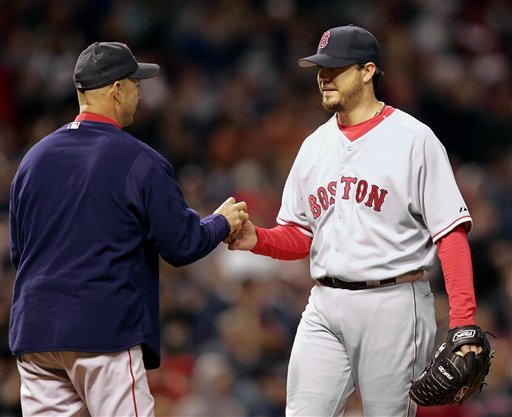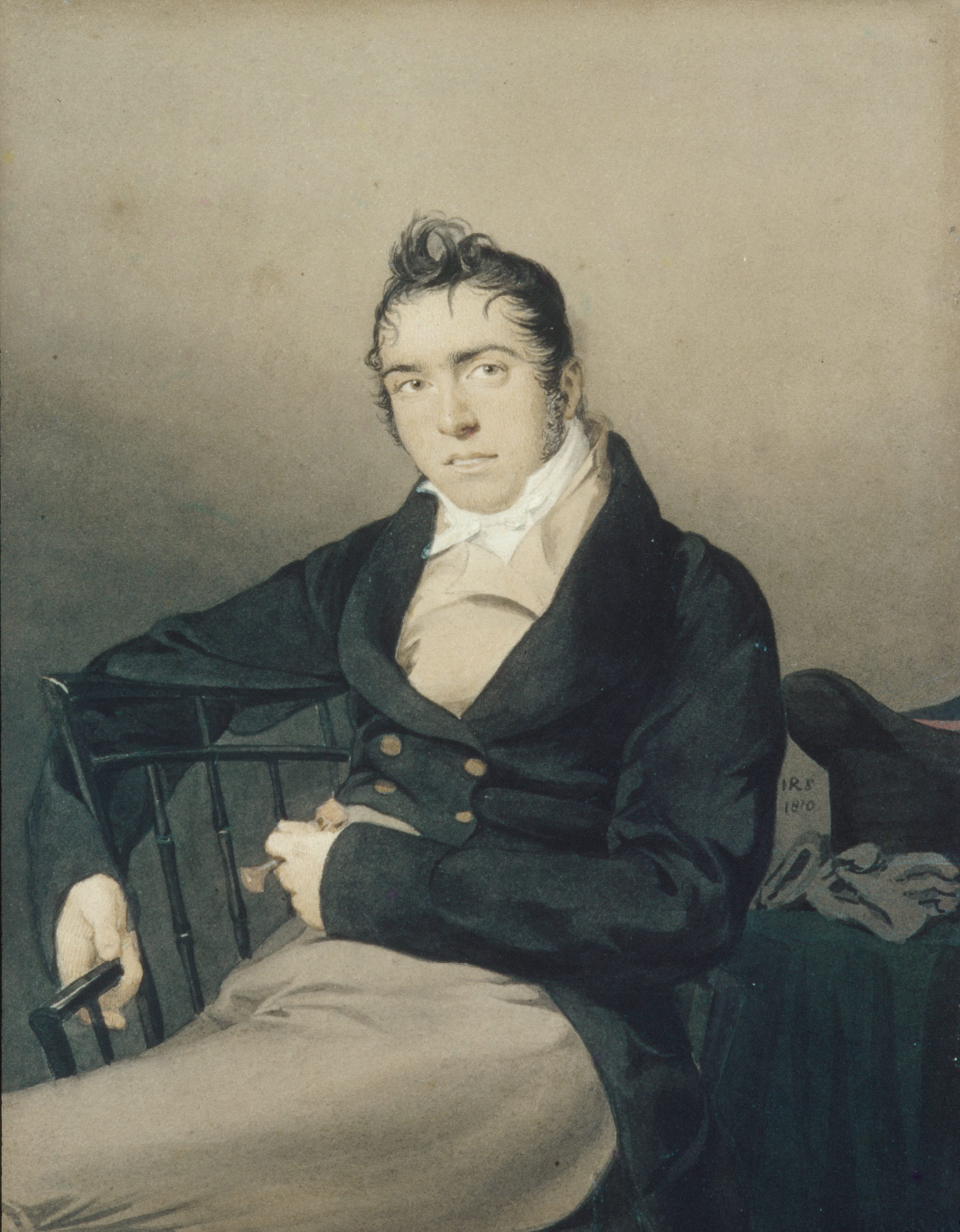 I love John Updike. My 95-page chapter on the first two Rabbit Angstrom books was my favorite part of my master's thesis, even though it got cut because it was an "indefensible argument." (I can tell that story another time, if anyone is interested.) And I love his criticism; Updike seems like he reads for 18-20 hours per day, and his comments and evaluations are usually sharp and interesting.
I love John Updike. My 95-page chapter on the first two Rabbit Angstrom books was my favorite part of my master's thesis, even though it got cut because it was an "indefensible argument." (I can tell that story another time, if anyone is interested.) And I love his criticism; Updike seems like he reads for 18-20 hours per day, and his comments and evaluations are usually sharp and interesting.So you can imagine my horror today when a visiting philosopher, Dr. Russell Goodman (who's a very nice, very approachable, and brilliant man), took a potshot at him during a lecture on Ralph Waldo Emerson and Pragmatism. He talked about common misconceptions and oversimplifications of Emerson's message; he's often treated as though his sole message were "follow your bliss d00d," a viewpoint which ignores almost every essay other than "Self-Reliance."
"The New Yorker, for example," he said in a voice dripping with irony, "had John Updike"--he pronounced that name with the sneer that I'm used to hearing from academics--"write a condescending piece on Emerson. And then, 25 years later, they couldn't find anyone new, so they had Updike write another one." Goodman suggested that Updike subscribes to the popular view on Emerson's thought and condemns him for his own misreading. I was upset at first, but I rethought my opinion; I'd read the second piece, from 2003, but at that point I hadn't read all that much Emerson and my own opinion followed those oversimplifications pretty closely. Maybe Updike dropped the ball on this one. I mean, the man's not perfect.
I own two books of Updike's criticism--Picked-Up Pieces and Hugging the Shore--but that's not even half of his critical output, and I couldn't find his original (1970s?) essay on Emerson in them. But he makes offhand references to the Sage of Concord from time to time, always in either neutral or positive terms. Here's an example, from an essay called "Whitman's Egotheism":
Like many of his radiant literary generation, he borrowed courage from Emerson; but Whitman's brave advice bears no accent of the lectern, and small flavor of the stoic.Updike may privilege Whitman here, as he privileges Melville elsewhere, but this is hardly a condemnation of Emerson; he gives the latter credit for the former's existence. Elsewhere, he claims that Emerson began a new tradition in American prose style, "cranky, granular, impulsive, confessional." This description is a positive for Updike--he uses it to contrast John Cheever's "taut and mordant" older style with his newer, more satisfactory one.
In an essay on Knut Hamson, Updike actually takes the author to task for criticizing Emerson, and it is by means of the conventional misreading of Emerson that Hamson is able to criticize him: "Emerson's major failings are 'his undeveloped psychological sense and thereafter his overdeveloped moral sense.' Reverse the proportions, and you have Hamsun." Updike does not in this essay directly combat the myth of Emerson--after all, the enemy of my enemy is not my friend--but he hints at it.
It's not until "Big Dead White Male: Emerson Turns 200" in 2003 that Updike directly rejects the Emersonian myth. I am not sure how Goodman found the article condescending; Updike has clearly read nearly everything that Emerson produced, and his tribute to him reads a bit like a hagiography. He praises him for his antinomianism (usually a positive quality in Updike's brand of Christianity), and says that only Poe equalled him"as a homegrown critical and creative mind." (I have my own, anti-Updike opinions of Poe, but nevermind for now.)
I wonder if Goodman does not mistake Updike's attack on Lawrence Buell for an attack on Emerson. He is indeed harsh to Buell--a major scholar of the American Renaissance and, though I cannot find the evidence, a man who I am certain has written some major essay or another on Updike--whom he accuses of ivory-tower intellectualism and defensiveness. I think these are critiques that Emerson would get behind, at least in principle; after all, John Dewey argues that he is the "philosopher of democracy," always privileging the pragmatic over the abstract, and Emerson himself never bowed to or defended the past.
Besides that, I think that Updike is in actuality defending Emerson against Buell and other ivory-tower types:
A hundred years after Emerson's centennial was declared a school holiday in Concord and marked by an oration by William James and a public prayer that the spirit of Emerson inspire all present, he is put forward gingerly, apologetically, as a devalued stock on which we might still want to take a flyer . . . The endorsement seems excessively hedged, linking the sage's value to a presumed madness in society. Emerson was too much a realist, I think, to dismiss the workings of a society as mad, even a society like his own, passionately riven antebellum America. He pitched his palace of the Ideal on the particularities and rationale of what existed.
Updike's problem is with the political correctness that attempts to "prove" that Emerson was a racist or a classist and that discards his work because of it. These concerns are beside the point; and Emerson still has a lot to say, particularly in the essays which people don't usually read. Updike views Emerson as a consummate humanist, speaking directly to the human condition and offering concrete advice for it.
If this whole debate sounds familiar, it's because it's the same one that rages around Updike himself. Is he a racist? Is he a sexist? Maybe--that's not really my call to make. But his novels manage to speak to me, and they speak to many others as well, even if the Academy treats him as damaged goods. I've been at three different schools now, and I'm still the only academic I know who deals with him. And I don't get why that's the case.
Part 2 of this post will involve an Emersonian reading of Rabbit, Run, but give me a few days.





